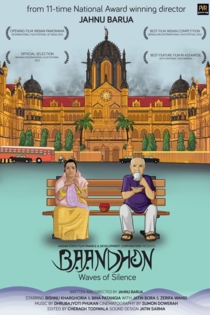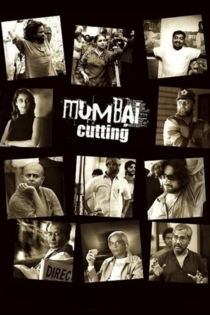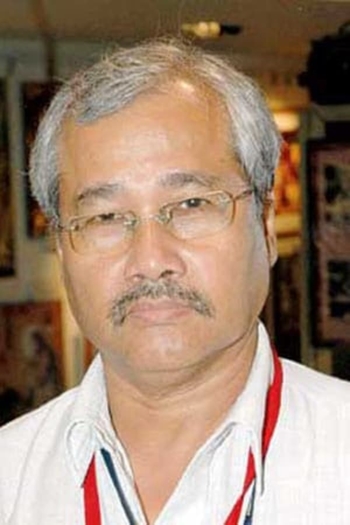
Jahnu Barua
1952 (73 года)Bhoga Khirikee
Jahnu Barua
Seema Biswas, Zerifa Wahid
Bhoga Khidikee is a 2018 Indian Assamese drama film directed by Jahnu Barua. It was the opening film of 2nd Guwahati International Film Festival. The film is based on the real life experiences of a village girl in upper Assam and is set against the socio-political landscape of the state in 2015
Bhoga Khirikee

Halodhia Choraye Baodhan Khai
Jahnu Barua
Indra Bania, Badal Das
A simple farmer becomes the victim of a greedy landowner in this social melodrama. Bora (Indra Bania) is forced to give up the farm his father had paid for when the landowner asks for a mortgage receipt that was never given. He loses his livestock and sends his young son to work as an errand boy to the villainous landlord. Bora's ultimate humiliation occurs when he is forced to put up political banners that espouse the virtues of the man who drove him from his land and ruined his life.
Halodhia Choraye Baodhan Khai
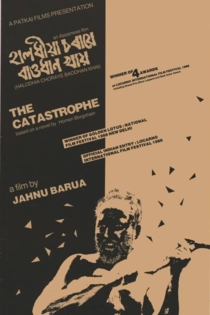
Firingoti
Jahnu Barua
Bishnu Kharghoria, Hemen Choudhury
The story is set in 1962, the time of Sino-India war. It revolves around a widowed teacher named Ritu who is transferred to Koronga, a small Assamese village. The school here was destroyed by fire ten years earlier. Ritu takes on the challenge of rebuilding the school and starts campaigning among the villagers.
Firingoti

Tora
Jahnu Barua
The film centred on two neighboring families in a village in Assam. The two families share a very amicable relation. Tora, the protagonist is a seven-year-old girl with her parents Purna (father) and Jonaki (mother). Naba and Daba are two brothers of the other family with their ailing bedridden mother. One day a dispute arises over a piece of land. Whilst the adults quarrel, Tora's voice is the only significant factor that can resolve the matter
Tora
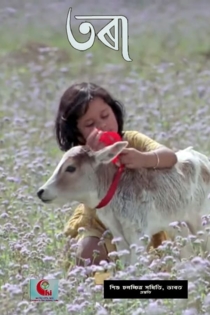
Konikar Ramdhenu (Ride on the Rainbow)
Jahnu Barua
Bishnu Kharghoria, Moloya Goswami
Konikar Ramdhenu is an Assamese language film directed by Jahnu Barua. It was released in 2003. The film was shown in Indian Panorama section of IFFI during October 2002 in Delhi and Mumbai International Festival in 2003. It is the last instalment of his trilogy, the other two being Xagoroloi Bohu Door and Pokhi.
Konikar Ramdhenu (Ride on the Rainbow)
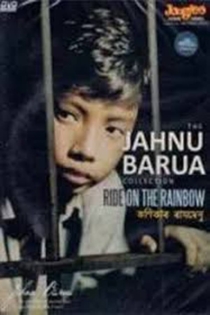
Banani
Jahnu Barua
Mridula Baruah, Sushil Goswami
With this ecological drama, Assam’s leading director Jahnu Barua continues exploring the conflict between corrupt state politics and a determined individual (cf. Halodiya Choraye Baodhan Khaye, 1987). The forest ranger (Goswami) confronts illegal timber merchants and contractors on behalf of impoverished tribals. The honest ranger’s activities get him into trouble and he is constantly transferred from one post to another, to the annoyance of his wife who wants him to settle down and look after their ailing child. Eventually she supports her husband’s fight and the tribals realise they need weapons to defend themselves against rapacious outsiders. The film’s simple plot is interrupted by long didactic speeches.
Banani

Hkhagoroloi Bohu Door
Jahnu Barua
Sushanta Barooah, Baruah
Powal is a boatman in Nemuguri village that is situated on the bank of the river Dihing. Since there is no bridge at that point of the river, Powal's job is assured. For some three generations his forefathers have been ferrying people to and fro. Life goes on smoothly until Powal begins to hear persistent reports about a bridge to be built across the river.
It's a Long Way to the Sea
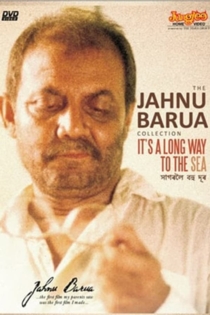
मैंने गाँधी को नहीं मारा
Jahnu Barua
Anupam Kher, Urmila Matondkar
Once known for his intellectual prowess, a retired professor (Anupam Kher) begins experiencing memory gaps and periods of forgetfulness. But while he tries to laugh it off, it soon becomes clear that the symptoms are a sign of a more serious illness, prompting his grown daughter (Urmila Matondkar) to move in as his caretaker. Meanwhile, as his mind regresses, he recalls a traumatic childhood memory involving the death of Mahatma Gandhi.
Maine Gandhi Ko Nahin Mara
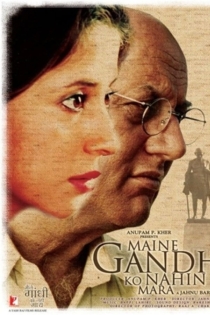
Aparoopa
Jahnu Barua
Girish Karnad, Suhasini Mulay
Set in the tea plantations of Assam in northeast India, where a young woman quits her studies to marry a wealthy man whom her father owes money. The monotony of her days is broken by the arrival an old university acquaintance.
Aparoopa
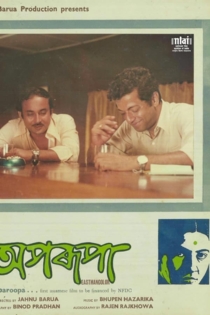
Pokhi
Jahnu Barua
Bishnu Kharghoria
Pokhi (Assamese: পখী) is an Assamese language drama film directed by Jahnu Barua. It was released in 1998 as is the second instalment of his trilogy — the other two being Xagoroloi Bohu Door (1995) and Konikar Ramdhenu (2003). Pokhi won a National Award for Best Feature Film in the Assamese Category in 2000.
Pokhi

Bonani
Jahnu Barua
Mridula Baruah, Sushil Goswami
With this ecological drama, Assam’s leading director Jahnu Barua continues exploring the conflict between corrupt state politics and a determined individual (cf. Halodiya Choraye Baodhan Khaye, 1987). The forest ranger confronts illegal timber merchants and contractors on behalf of impoverished tribals. The honest ranger’s activities get him into trouble and he is constantly transferred from one post to another, to the annoyance of his wife who wants him to settle down and look after their ailing child. Eventually she supports her husband’s fight and the tribals realise they need weapons to defend themselves against rapacious outsiders.
Forest

